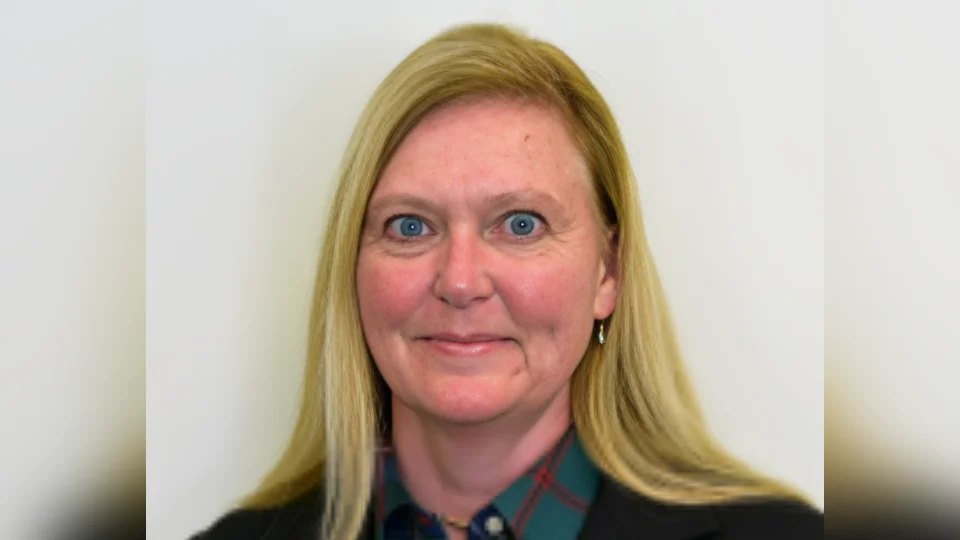Nevada has completed a statewide initiative to test for lead in drinking water at public schools, charter schools, and licensed child care facilities. The effort coincides with National Lead Poisoning Prevention Week, which runs from October 20 to 26, 2025.
The Nevada Division of Environmental Protection (NDEP) led the voluntary testing programs. According to Jennifer Carr, Administrator of NDEP, “Every child deserves safe water to drink while learning and growing. By facilitating funding for statewide lead testing in public schools and child care facilities, Nevada has taken a major step toward protecting our youngest residents.”
Over the past eight years, NDEP conducted two main initiatives: one tested drinking water at more than 250 licensed day care facilities statewide; the other assessed water quality at 26 public charter schools and over 480 public schools, focusing first on elementary schools. In total, thousands of sinks and water fountains across more than 750 locations were checked.
These projects were funded by federal grants. Staff received training on how to handle potential lead issues, and NDEP provided technical support when elevated lead levels were found. Facilities that needed remediation took steps such as replacing fixtures or re-testing water sources.
While public water systems are regulated at the tap, older pipes or fixtures inside buildings can still introduce lead into drinking water. The testing helped identify these risks so they could be addressed. Even low levels of lead exposure can cause health problems in children, including developmental delays and learning difficulties.
Funding began with an EPA Multipurpose Grant in 2016 and was later supported by the Water Infrastructure Improvements for the Nation (WIIN) Act of 2016. Nevada’s programs followed the EPA’s “3Ts” framework—Training, Testing, and Taking Action—and involved cooperation among state education, health agencies, environmental officials, and local water systems.
During National Lead Poisoning Prevention Week, NDEP is urging families to learn about lead safety and advocate for continued safe practices in all child-focused facilities.
The programs were a joint effort between NDEP, the Nevada Division of Public and Behavioral Health (DPBH), the Nevada Department of Education (NDE), and local health districts. These organizations say they remain committed to monitoring water quality and educating communities about preventing lead exposure.
More information is available at ndep.nv.gov/lead.


